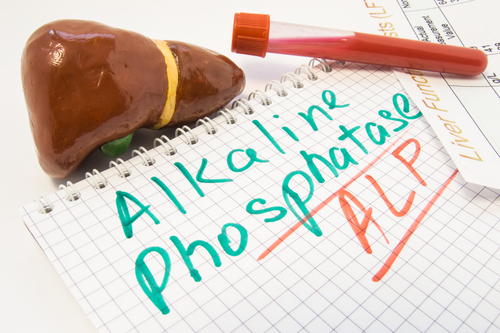What is urea in humans?
It is a major organic component of human urine. Any condition which impairs the elimination of urea by the kidneys can lead to uremia, a buildup of urea and other nitrogenous wastes in the blood that can be fatal. To reverse the condition, either the cause of the kidney failure must be removed, or the patient must undergo blood-dialysis to remove the wastes from the blood.
Normal urea excretion and Normal range of BUN (Blood Urea Nitrogen level)
An adult typically excretes about 25 grams of urea per day. Whereas, the normal range of urea nitrogen in blood or serum (BUN) is 5 to 20 mg/dl, or 1.8 to 7.1 mmol urea per liter.
Why are urea levels increased or decreased?
Causes of increased plasma/serum urea concentration
(i.e. urea >7.8 mmol/L or BUN >22 mg/dL):
- Renal disease/failure
- Dehydration due to:
- low fluid intake
- excessive fluid loss (sweating, vomiting, diarrhoea, diuretic drugs, etc.)
- Decreased blood flow to the kidneys due to:
- heart failure
- hypovolemic shock
- severe hypotension
- Gastrointestinal bleed
- High-protein diet
- Ageing
- Trauma
- Severe infection
- Starvation
- Some drugs with catabolic effect, e.g. use of corticosteroids
Causes of decreased plasma/serum urea concentration
(i.e. urea <2.5 mmol/L or BUN <7.0 mg/dL):
- Pregnancy
- Low-protein diet
- Over-hydration
- Advanced liver disease (cirrhosis, liver failure)
- Inherited defect in “urea cycle” enzymes (reduced urea synthesis)
Health risks for altered urea levels in the body
Uremia is a symptom of kidney failure and is a dangerous medical emergency that causes urea to accumulate in the blood. People with uremia need dialysis to help filter their blood. Uremia can lead to kidney failure when left untreated. Someone with uremia may have seizures, loss of consciousness, heart attacks, and other life-threatening symptoms. For some, it could mean a kidney transplant.
How to reduce urea levels via diet?
Barley is one of the most effective natural remedies to reduce urea level. Since barley is a whole grain which is rich in fiber, barley flour can be substituted for wheat flour to bring down the level of blood urea nitrogen (BUN). Alternatively, barley water is also very beneficial because it has diuretic properties and is a natural kidney cleanser. Green tea, Bitter gourd and cucumber; Vitamin C-rich foods like cauliflower, parsley, berries, etc.; as well as fresh and organic juices are also beneficial.
When kidneys are not functioning properly, the Urea levels will rise. To reduce Urea in your blood you may need to cut down on the amount of protein you eat. Some foods that are high in protein are: red meat, seafood, eggs, milk & cheese and other dairy products.







